Famine looms in Gaza and families have been torn apart
The suffering in Gaza is catastrophic. Learn more about the crisis, and how the Red Cross and Red Crescent Movement is responding
Read the story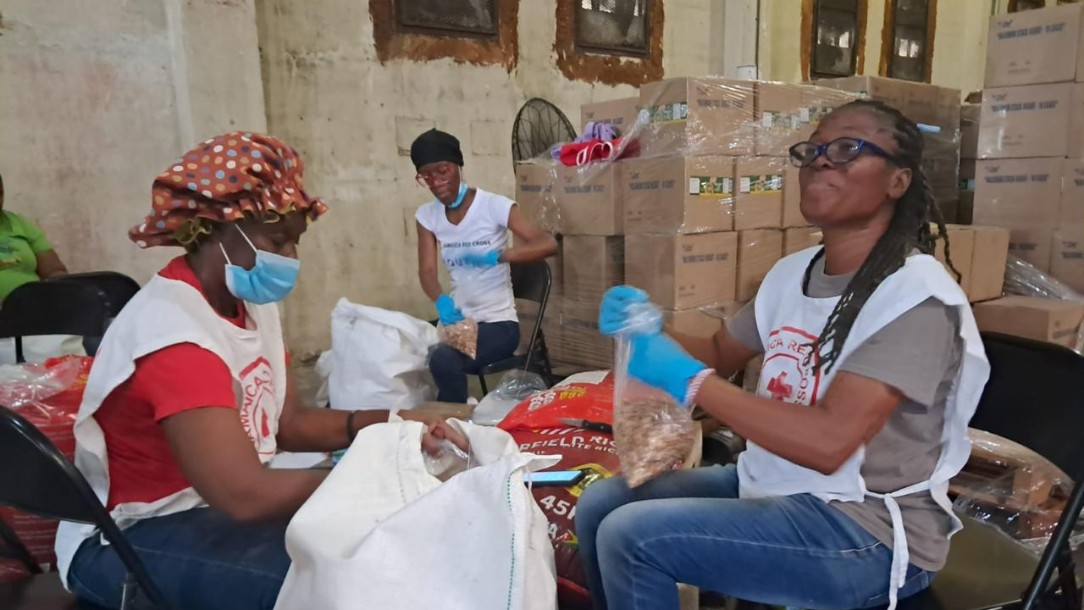
Hurricane Melissa: latest updates
By British Red Cross
Hundreds of thousands of people affected by the most powerful storm to have hit Jamaica in modern history.

"Every day I navigate through destruction and fear"
By British Red Cross
Amr from the Palestine Red Crescent on life and work in Gaza City, where he lives with his young family.
Crisis in Gaza and the wider region
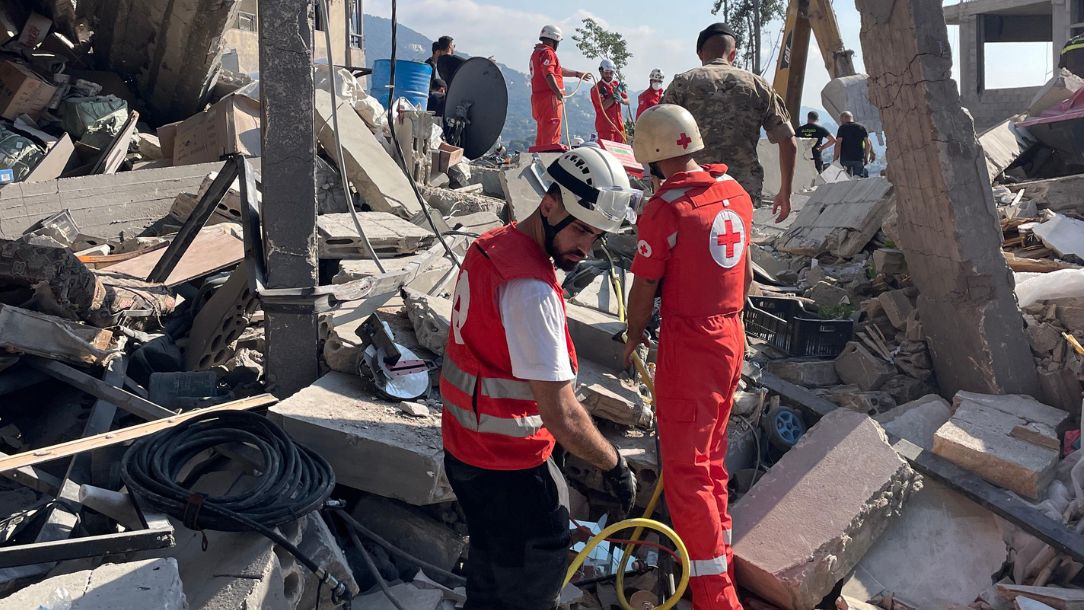
What is happening in Lebanon and Israel?
The latest on the situation in Lebanon and Israel
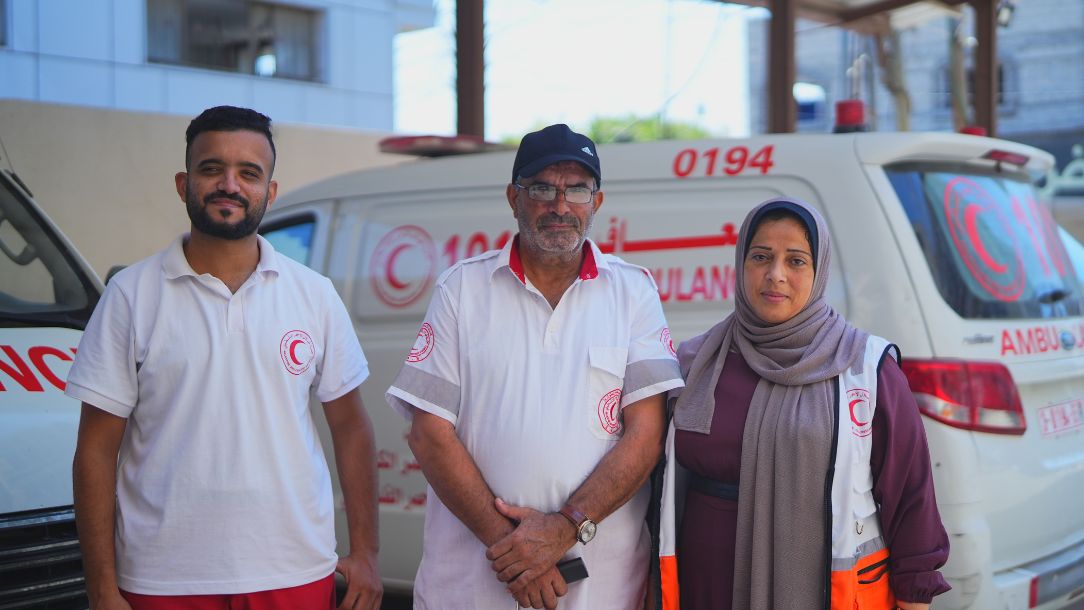
"It was the same tragedy each day": life on the ground in Gaza
Four remarkably brave Palestine Red Crescent Society staff and volunteers reflect on a year of delivering life-saving aid, amid vast challenges.
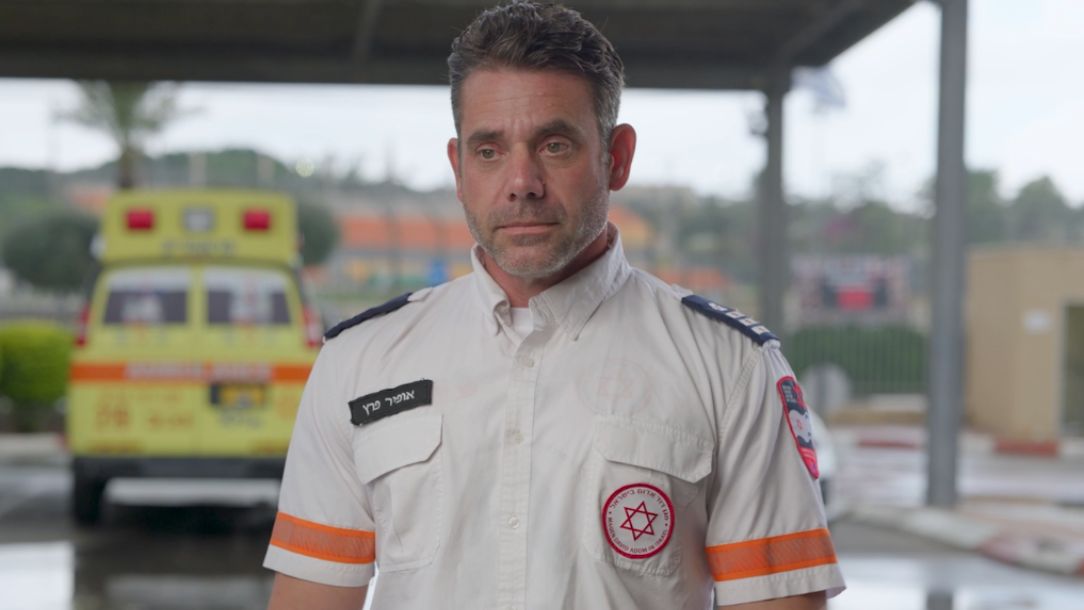
7 October: "We worked towards one goal"
Two years on from the 7 October attacks in Israel, we have heard many accounts of bravery from our Magen David Adom (MDA) colleagues.

Red Cross responds to vast medical needs in Rafah
By British Red Cross
The new hospital has already treated people injured in recent airstrikes, and has specialist departments for maternity and paediatric care.
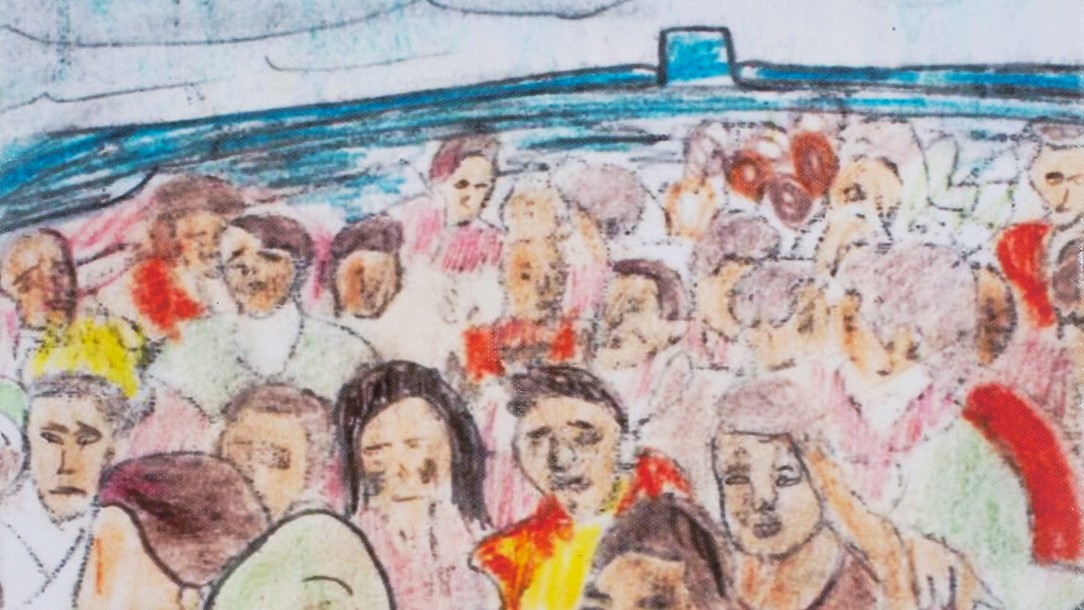
Why do people cross the Channel?
By British Red Cross
There are a lot of misconceptions about why men, women and children seeking asylum risk their lives crossing the Channel. Here are the facts.
Our work with refugees

"Children can be agents for change"
Teaching children about the plight of refugees brings benefits all round.

Asylum seekers: are they living on easy street?
With so many conflicting reports, it's hard to picture life for an asylum seeker in the UK. We shed some light on the matter.
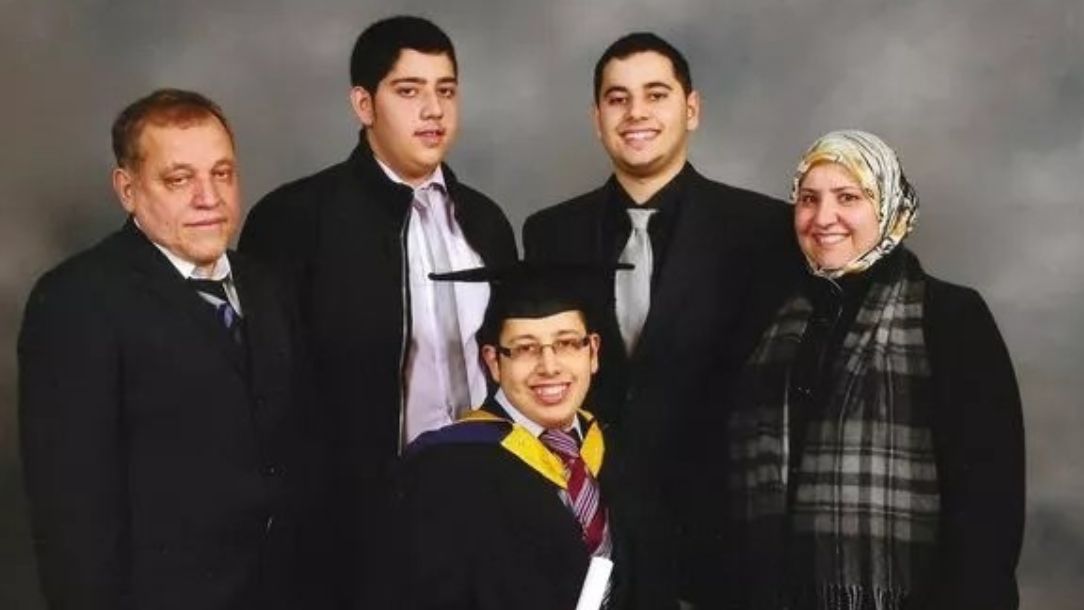
"This is not a refugee story, it's a love story"
Hamed Amiri's life has been extraordinary. Here, he describes his family’s escape from Herat, which inspired a sell-out play.
First aid advice

Students: are you sure that's freshers flu and not meningitis?
Make sure you can tell the difference, so that you can stay safe and help a friend if they start to feel unwell.
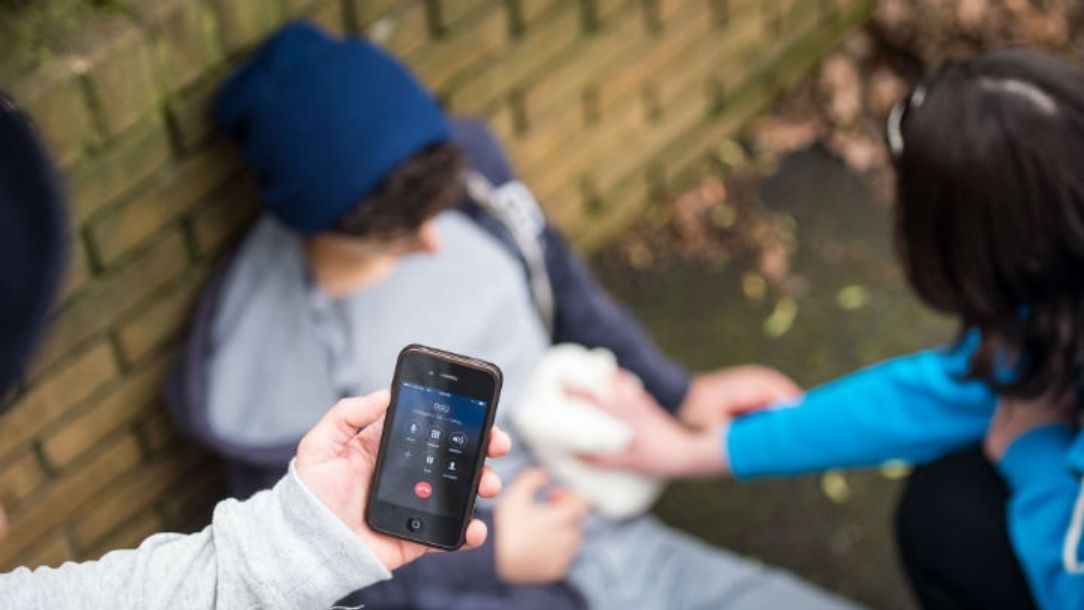
How to help someone who's been stabbed
Anyone who's been stabbed needs immediate help - their life could be at risk. Here's what to do.
Climate change around the world
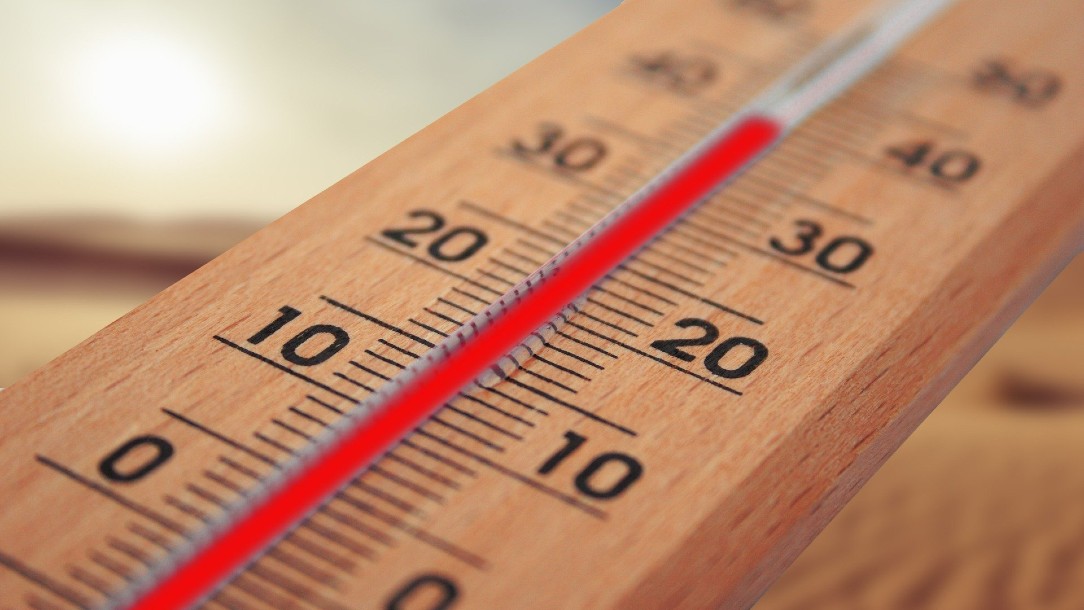
Record breaking 2022 heatwave to become the norm by 2060
The Met Office’s State of the UK Climate report shows that July 2022 was the warmest summer since records began.
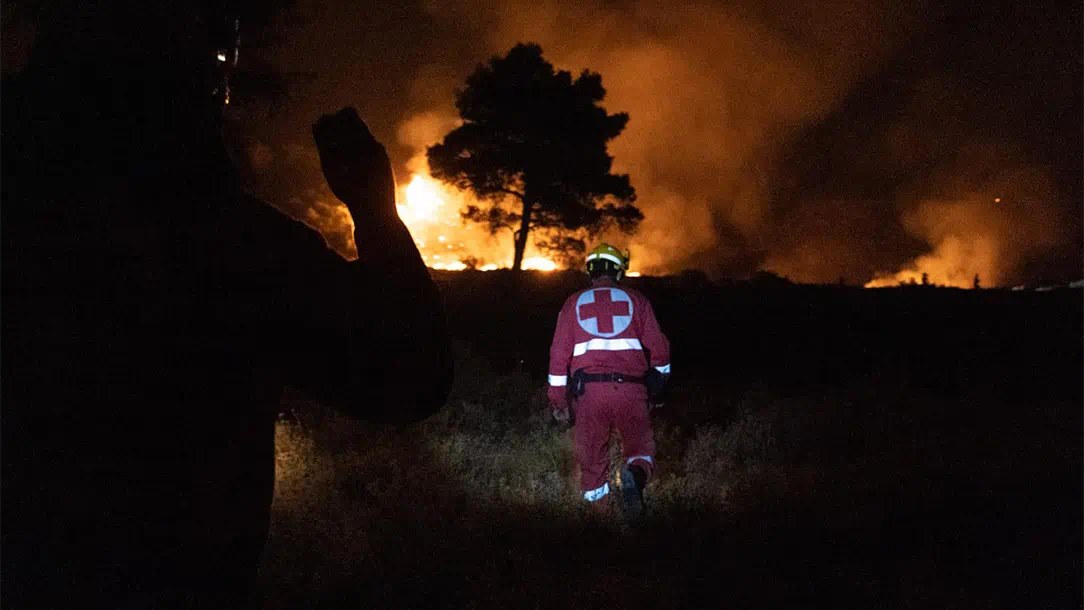
"Climate change: these extremes are the new normal, the time to adapt is now"
Richard Blewitt, executive director, British Red Cross sets out some startling figures on climate change, and explains why it’s vital that we raise our global ambition.
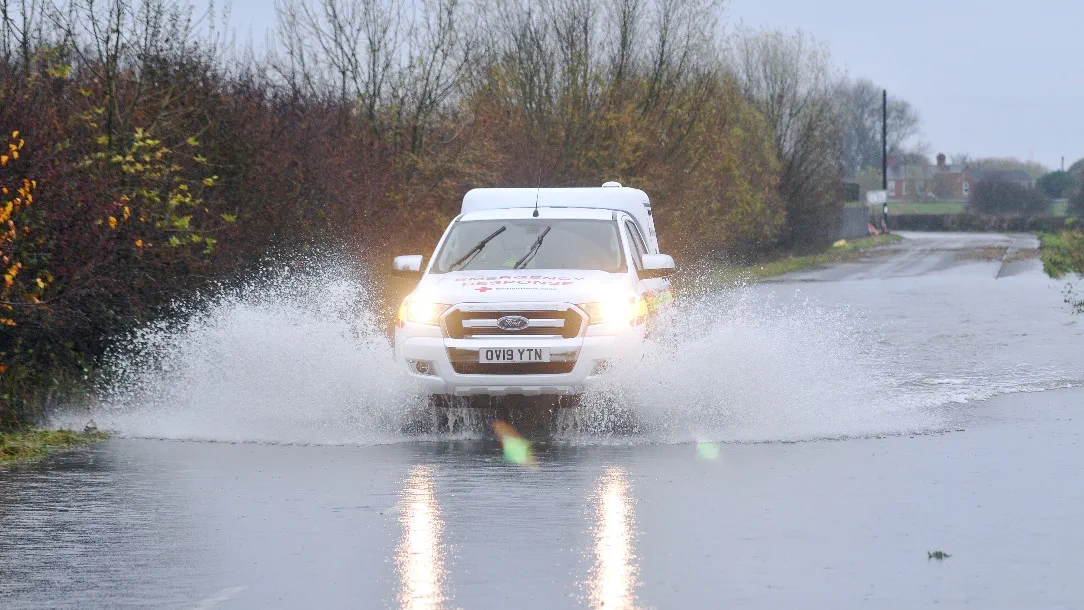
Are extreme weather events becoming more frequent?
The Met Office’s senior climate scientist Nikos Christidis explains the link between extreme weather events and climate change
Feeling anxious or lonely? Read on...

Dr Radha Modgil’s 5 top tips for easing stress and anxiety
Some simple, practical steps to take
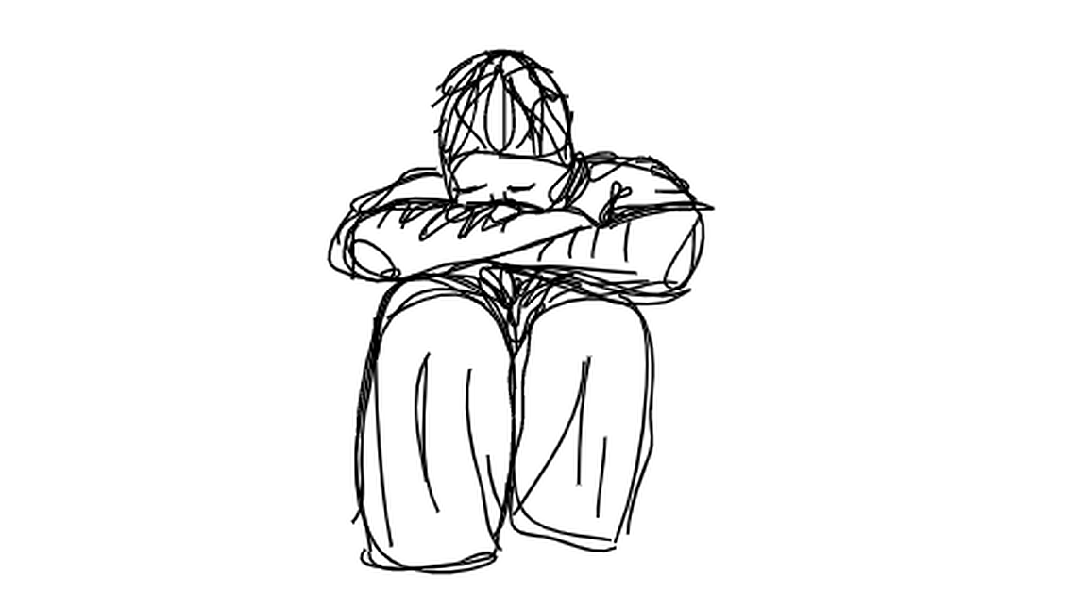
Let's talk about loneliness: part one
Loren, our young volunteer, answers other young people's questions about loneliness.

Let's talk about loneliness: part two
Part two of Loren's answers to young people's questions around loneliness.
Our history of helping
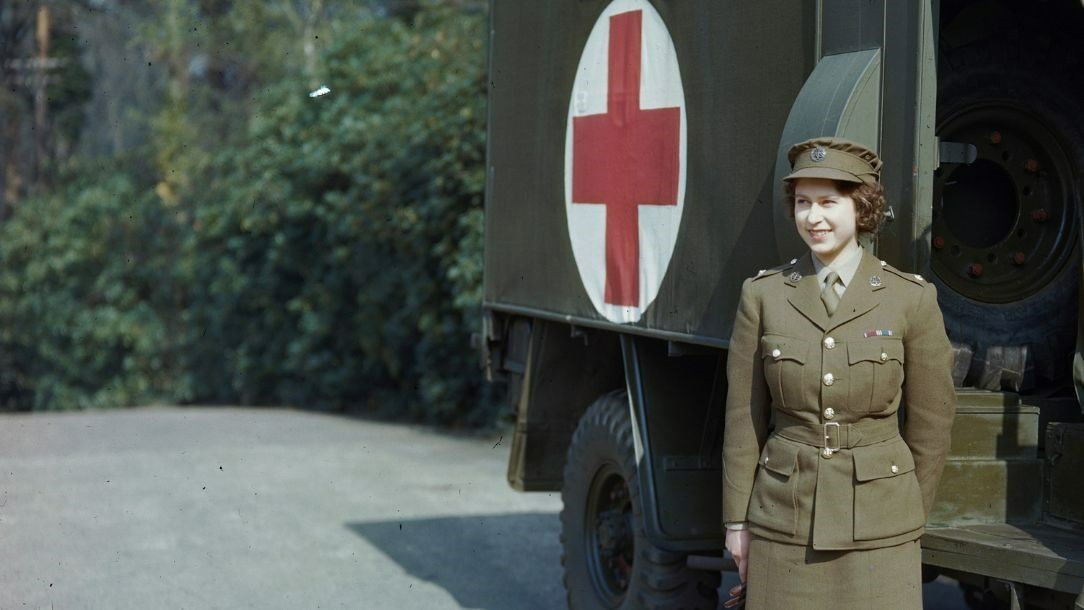
Her Majesty Queen Elizabeth II and the British Red Cross
Remembering 70 years with Her Majesty The Queen as our Patron. Here, we take a look back at some moments in that relationship, from her earliest address at our National Conference to comforting service users during their time of need.
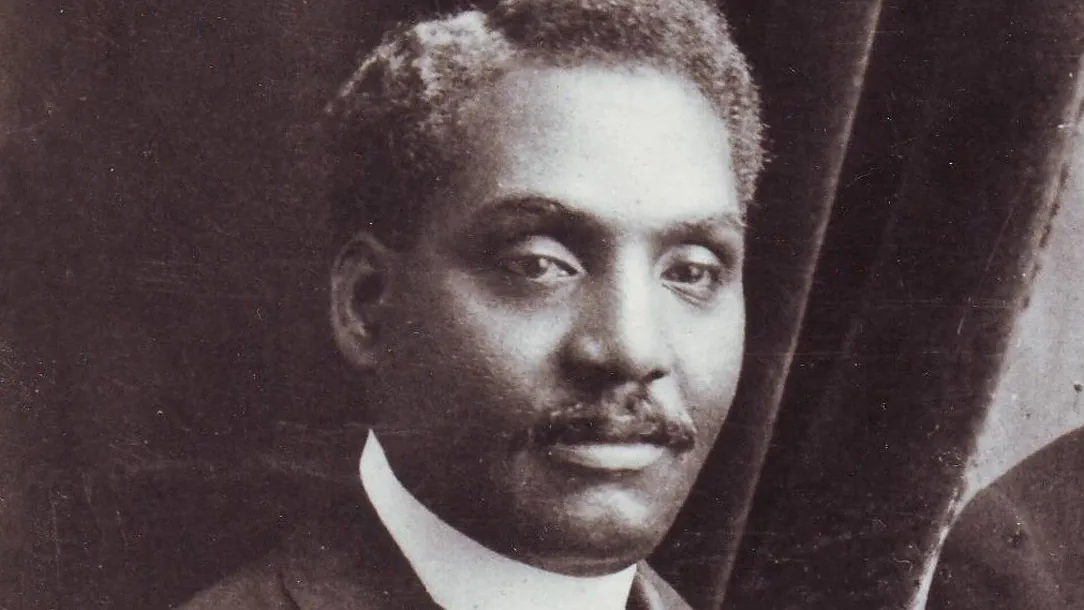
The famous Black doctor of Paddington
A doctor who overcame prejudice to help others during the First World War finally won recognition a hundred years later.

The heroic women of WW1: a nurse's diary
Peggy Arnold was a WW1 nurse serving on the frontline. Here we celebrate her bravery, and the bravery of volunteers like her.
Here for humanity
In the UK and 191 other countries, our teams are ready to help in an emergency. Together, we are the world's emergency responders.
Donate now

